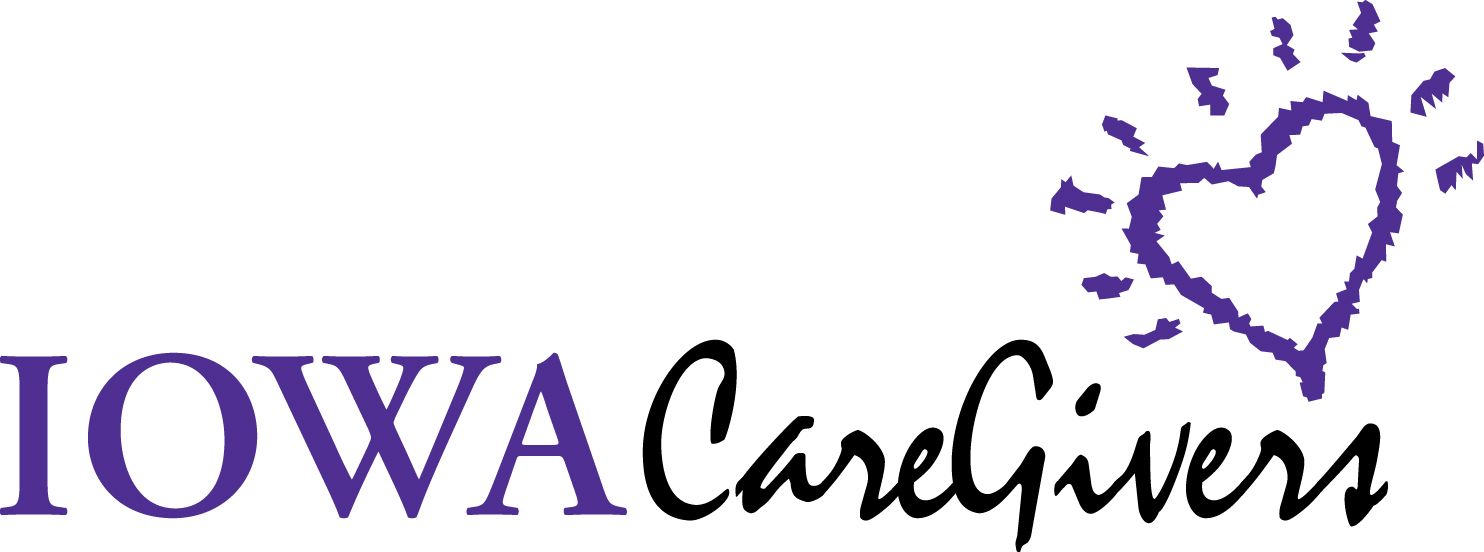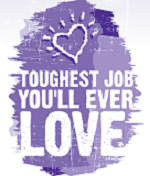 Select Your Narrator
|
"THE TOUGHEST JOB YOU'LL EVER LOVE"©A RESOURCE FOR THOSE THINKING ABOUT A CAREER IN DIRECT CARE |  |
"THE TOUGHEST JOB YOU'LL EVER LOVE"©A RESOURCE FOR THOSE THINKING ABOUT A CAREER IN DIRECT CARE |  |
 Brochure
Brochure
 Video
Video
 Personality
Personality
 Resources
Resources
 FAQ
FAQ
 Select Your Narrator
|
|
Click here to view the PDF version of the brochure. | Go here to take your free personality test www.ColorCode.com |
Toolkit FAQ (PDF)
Often referred to as the "Toughest Job You'll Ever Love", the direct care profession (DCP) is not for everyone but for those who enter the field out of a genuine desire to help others, it is one of the most gratifying jobs to be found.
The career is physically and mentally demanding and often requires lifting and bending. As one who works in direct care puts it..."you need to have a strong heart, strong stomach, and strong back!"
The purpose of this webpage, video, brochure, and other resources is to provide you with a glimpse of what becoming a Direct Care Professional (DCP) involves.
Direct Care Professional (DCP) is a new term used to describe those who work in direct care. They are known by many titles, for example, certified nursing assistant; home care and home health aide; personal care attendant; rehabilitation, medication aide, and hospice aide; universal worker; behavioral support specialist; caregiver; and direct support professional.
Iowa has approximately 75,000 Direct Care Professionals (DCPs) and needs at least 95,000 direct care professionals by 2020.
Direct Care Professionals (DCPs) provide about 80% of the hands-on care and support for Iowans of all ages in many different locations. They serve children and adults with disabilities; those with mental illness, Alzheimer's disease, or brain injury; those with long term illness such as multiple sclerosis; those recovering from acute illness, surgery, or injury; frail older Iowans; and those at the end of life.
Direct Care Professionals (DCPs) are often the professional who is closest to the individual and their family. Depending upon where they work, they may assist with some of the most important and personal daily tasks, such as bathing; dressing; preparing meals; eating; grooming; using the toilet; providing transportation to appointments and events; running errands and shopping; monitoring medications and vital signs; assisting with physical and psychological rehabilitation; managing behaviors; and offering care and comfort through end-of-life.
DCPs who serve people with disabilities may help them develop life skills such as personal care, job coaching, nutritional planning, employment skills, and financial management.
Direct Care Professionals (DCPs) provide services in peoples' homes, assisted living and nursing facilities, adult day centers, hospitals, group homes, residential facilities for people with disabilities, hospices, and non-medical senior services. Some find opportunities to work privately for a family or individual needing support.
For-profit employers are owned by a for-profit company or individual. As the name suggests, for-profit employers strive to make a profit by providing services. Not-for-profit employers are organizations that were often started by churches, faith based organizations, or other groups. They do not have owners or stockholders. Instead, they are usually governed by a volunteer board of directors comprised of community members.
There are also a number of governmental agencies or facilities that employ Direct Care Professionals (DCPs). Examples are Veterans' Hospitals, Homes, and state mental health institutions. There are public health agencies in most counties in Iowa that employ home health or home care aides.
Before you apply, ask others in your community whose opinion you respect for their impression of the organization. Also, ask current and former employees what it is like to work there. The State regulates most health and long term care providers and there are websites that you can visit to check on the standing or reputation of a potential employer.
Based on the Iowa CareGivers Association's survey of Direct Care Professionals, these are some of the questions that can help you decide if an employer is right for you.
In 2010, the average Iowa Direct Care Professional's hourly wage was $11.68. Non-profit employers paid a higher average hourly wage ($12.14) than for-profit employers ($11.19).
(Source: 2010 Iowa Direct Care Worker Wage and Benefit Report, conducted by the Iowa Child and Family Policy Center.)
Visit the links below for the full report or the key findings:
Iowa Direct Care Worker Wage and Benefit Report
Key Findings from the 2010 Iowa Direct Care Worker Wage and Benefit Report
The educational opportunities for those entering the field of direct care vary. Below are some options that may be available to you. There have efforts on the part of the State, those who work in the field of direct care, employers, and others to create more standardized and portable education. There are also efforts underway to create opportunities to specialize in Alzheimer's disease, oral care, autism, and other areas.
Because Direct Care Professional is a position of trust, most employers or the state requires those who are employed in the field to have a criminal background check. This means you may have to wait until the background check is completed to start your new job.
A "career in caring" comes with many challenges, but also many rewards. It's not a career for the faint of heart. It's "heart work" and hard work. It's mentally, physically, and emotionally demanding work. But, for those who are up to the challenge, it can be, "the toughest job you'll ever love!" It can also be one of the most rewarding.


